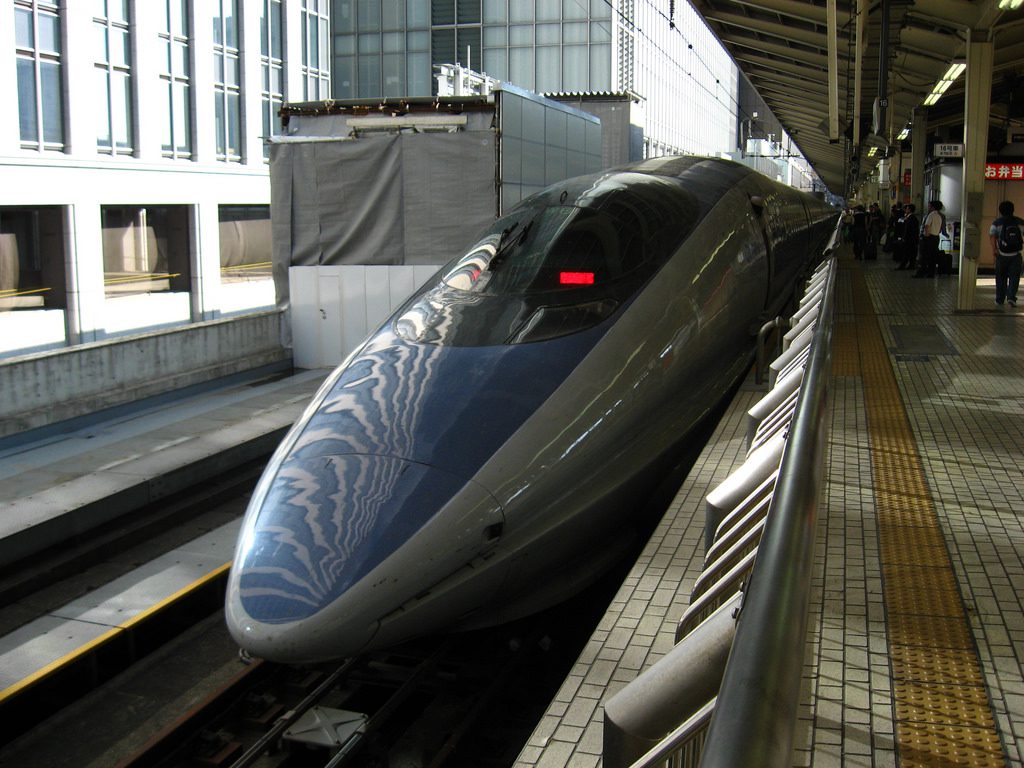Japan Q4 aluminium premiums set 22 percent lower than Q3

TOKYO, Oct 1 (Reuters) – Premiums for Japanese aluminium shipments for the October to December quarter were set at $103 per tonne, down 22 percent from the previous quarter, as Asian spot premiums fell amid ample supply, four sources directly involved in the pricing talks said.
The new premium compares with the $132 per tonne premium <PREM-ALUM-JP> in the July to September quarter and follows three quarters of rising premiums.
Japan is Asia’s biggest importer of aluminium and the premiums for primary metal shipments it agrees to pay each quarter over the London Metal Exchange (LME) cash price set the benchmark for the region.
“We’ve settled with all of our Japanese customers at $103 a tonne,” a source at a producer said.
“All contracts were signed at $103 per tonne last week after producers made a compromise to come down as there were no feeling of supply tightness,” another source at an end-user said.
“There were no feeling of supply tightness.”
The final price was below the initial offers of $112 to $115 per tonne made by producers.
Japanese buyers had sought lower levels as local spot premiums were hovering below $100 per tonne while suppliers had claimed that U.S. sanctions on Russian aluminium giant United Company Rusal and new import tariffs on the metal posed risks of supply tightness, the sources said.
“Basically, there has been enough supply in Asia mainly because many traders and users had secured extra ingots quickly after U.S. sanctions against Rusal in April, but easing of the sanctions boosted supply in the global market,” the second source said.
The United States on Sept. 21 extended the deadline for investors to divest holdings in Rusal.
Aluminium stocks held at three major Japanese ports <AL-STK-JPPRT> have been rising since April, according to data provided by trading house Marubeni Corp.
“Many people in the industry expect the United States to cancel or further mitigate sanctions against Rusal after the U.S. midterm elections in November,” a third source at a buyer said.
The latest quarterly pricing negotiations began about a month ago between Japanese buyers and global producers, including Alcoa, Rio Tinto, and South32 Ltd.
(Reporting by Yuka Obayashi; Editing by Nick Macfie and Christian Schmollinger)
{{ commodity.name }}
{{ post.title }}
{{ post.date }}




Comments